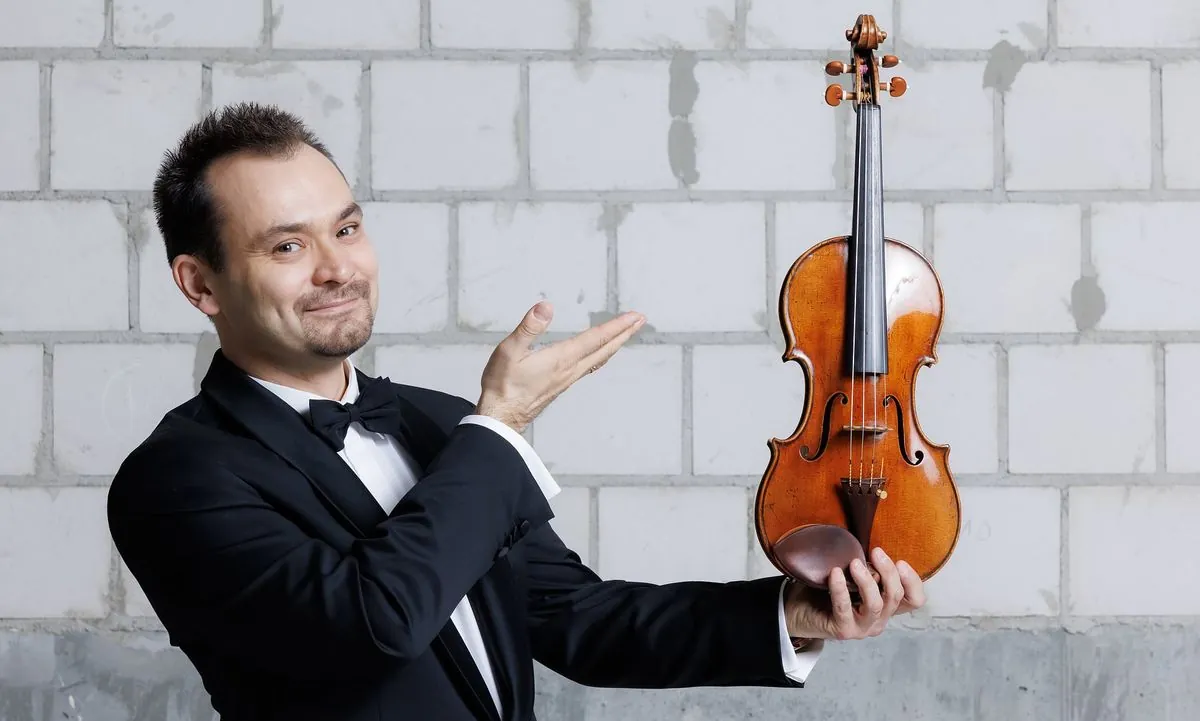Violinist's Flight Dilemma Sparks Debate on Airline Instrument Policies
A professional violinist's struggle to board a flight with her 19th-century instrument highlights the challenges musicians face when traveling. The incident raises questions about airline policies and the need for industry-wide changes.

On September 3, 2024, Esther Abrami, a 27-year-old professional violinist, encountered an unexpected obstacle at Marseille Provence Airport. Attempting to board Ryanair Flight 3389 to Berlin, Abrami was denied entry due to the size of her violin case, despite having flown with the airline numerous times before.
Abrami's instrument, crafted in 1857 by renowned French luthier Jean-Baptiste Vuillaume, is not merely a tool of her trade but a priceless artifact. Vuillaume violins are known to fetch hundreds of thousands of dollars at auction, reflecting their historical and artistic significance.
"The violin is a piece of art. It's as if I was traveling with a Picasso painting."
The incident highlights a recurring issue for musicians who rely on air travel for their careers. In recent years, similar cases have made headlines:
- In 2013, a German cellist reported that airport workers damaged his $20,000 bow.
- Two years later, a Tennessee musician's 75-year-old cello, valued at $45,000, suffered a broken neck during transit.
- In 2018, a Brazilian-Israeli musician's viola da gamba was destroyed in the cargo hold.
These events underscore the delicate nature of musical instruments and the risks associated with entrusting them to airline cargo holds.
Abrami's violin, measuring just over 22 inches, exceeded Ryanair's carry-on limit by a mere half-inch. This minor discrepancy led to a series of events that resulted in Abrami missing her flight and booking a last-minute alternative with Lufthansa at a cost of 500 euros.
The violinist's experience has reignited discussions about airline policies regarding musical instruments. While the US Department of Transportation implemented regulations in 2015 to accommodate musicians, many countries lack similar protections. The International Federation of Air Line Pilots' Associations (IFALPA) has guidelines for carrying instruments on aircraft, but implementation varies widely among airlines.
Abrami, who began her violin journey at age 10 and studied at prestigious institutions like Chetham's School of Music and the Royal College of Music, emphasizes the irreplaceable nature of her instrument. Modern violin makers struggle to replicate the techniques used by 19th-century masters, making each historical instrument uniquely valuable.
The incident has prompted Abrami to advocate for change within the airline industry. She hopes to engage with airline executives to develop more accommodating policies for musicians traveling with delicate and valuable instruments.
As the classical music world continues to grapple with these challenges, the need for a balanced approach that considers both airline regulations and the unique requirements of professional musicians becomes increasingly apparent. The resolution of this issue could have far-reaching implications for the future of musical performances and cultural exchange in our interconnected world.


































